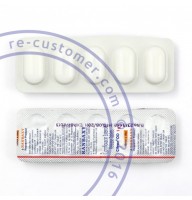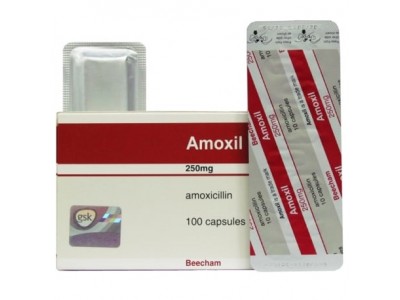It is generally safe to consume coffee or tea while taking antibiotics such as Amoxicillin or Ciprofloxacin. These antibiotics work by targeting specific bacteria in the body and are not known to interact significantly with caffeine-containing beverages like coffee or tea.
However, it's essential to note a few considerations:
Stomach Upset: Coffee and tea are acidic beverages and can sometimes irritate the stomach lining, especially if consumed on an empty stomach or in large quantities. This irritation could potentially worsen gastrointestinal side effects that may already be associated with antibiotics, such as nausea, vomiting, or diarrhea.
Caffeine Sensitivity: Some individuals are more sensitive to caffeine and may experience jitteriness, anxiety, or sleep disturbances when consuming coffee or tea. These effects could be more pronounced if experienced alongside antibiotics, particularly those like Ciprofloxacin that can sometimes cause nervous system side effects.
Hydration: Both coffee and tea have diuretic properties, meaning they can increase urine production and potentially contribute to dehydration. Staying adequately hydrated is essential when taking antibiotics to help support the body's ability to eliminate the medication and maintain overall health.
Interactions with Other Medications: While coffee or tea themselves do not typically interact with antibiotics like Amoxicillin or Ciprofloxacin, it's important to consider any other medications or supplements being taken concurrently. Some medications can interact with caffeine or affect how antibiotics are absorbed or metabolized in the body.
In summary, moderate consumption of coffee or tea is generally considered safe while taking antibiotics like Amoxicillin or Ciprofloxacin. It's advisable to listen to your body and adjust your intake based on how you feel, particularly if you experience any stomach discomfort or caffeine-related effects. If you have specific concerns about how caffeine might interact with your antibiotics or other medications, consulting with your healthcare provider can provide personalized guidance.


